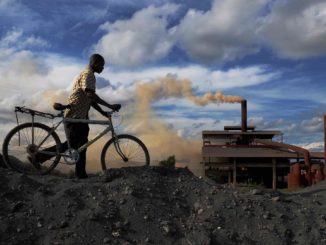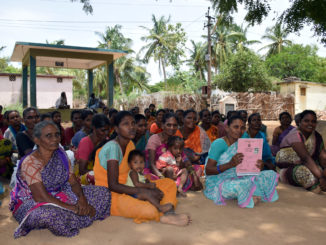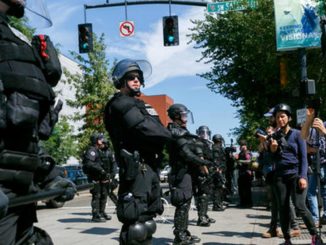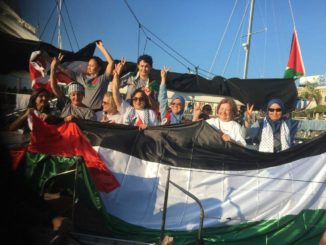Source: The Nation
A new proposal would do little to alleviate the suffering on Europe’s borders.
Faced with a surge in migration across the Mediterranean Sea, European Union officials apparently think the best way to manage migration is simply to keep migrants from reaching the shore. The EU Commission is currently weighing a plan to reform the union’s border policies by finding more elaborate ways to warehouse, filter, and ultimately push away its unwanted human cargo.
While the plan would do little to stem the social forces that drive people onto smuggling routes from Africa, the Middle East, and Asia, it would aim to create a number of so-called “controlled centres,” hosted by countries that volunteer to serve as disembarkation points. Processing about 500 people at a time, teams of border agents would screen arrivals for “humanitarian” qualifications, to vet their backgrounds for eligibility for humanitarian protection as refugees, or to brand them mere “economic migrants,” to be forcibly returned. Participating frontline states would gain the EU’s infrastructural support and reimbursement of about 6,000 euros per migrant. But human-rights advocates warn that, like previous policies aimed at “deterrence,” the proposal would simply make the journey more miserable for migrants fleeing crisis in the Global South. read more





